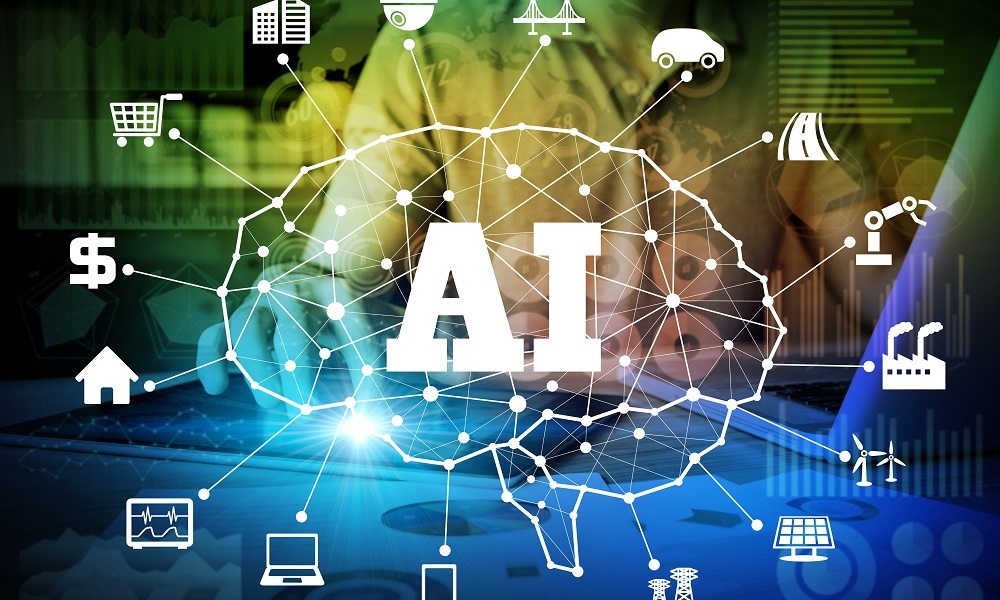Welcome to this month's edition of Researching education: Five further readings. In this series, we take a look at some further readings available on a particular topic, including open access research papers from various online databases, and Teacher archive content you might not have come across yet.
Many students across the world are engaging with Artificial Intelligence (AI) in the classroom. If you’ve had the opportunity to enhance lessons by implementing the use of AI in your classroom, what impact has this had on students? What unique opportunities did it provide?
In this edition of Five further readings, we are taking a look at the use of AI in education settings. In these five readings, you’ll find a report from UNESCO on the benefits and challenges of using AI in education and a paper from the OECD which explores the necessity for educators to trust AI.
- Robot writers in education: Cheating… or world-beating? This edition of Scan, a journal from the New South Wales Department of Education, features an article from Dr Lucinda McKnight, a senior lecturer at Deakin University. It highlights how AI is impacting writing and more specifically how writing is taught in school. It explores the implications for schools, students and teachers, including assessment, and outlines possible risks and future strategies.
- Preparing for the impact of artificial intelligence on education in Australia. From the Journal of Professional Learning this paper highlights the most important areas in AI and education. Focusing on K-12 systems, schools and their policy makers this paper gives direction on ways to prepare and implement AI into schools. The paper includes recommendations and links to further reading, helping students and Australians learn more about AI.
- AI and education: Guidance for policymakers. This 2021 report prepared by UNESCO looks into the potential positives and challenges of AI in education. The report takes the rapid changes seen in education, teaching and learning practices and offers guidance to policymakers on how to best implement these changing practices, with direction how to best avoid risks.
- Artificial intelligence and emerging technologies (virtual, augmented and mixed reality) in schools. This research report was commissioned by the Australian Government Department of Education and gathers literature surrounding AI and education. The aim of the report is to offer advice and help to teachers’ best practice surrounding AI. Three literature reviews, two ‘short read’ documents, four classroom poster infographics, a mapping of quality online resources, a selection of case studies and a targeted national consultation with experts on the implications of AI and emerging technologies for schools are included in the report.
- Trustworthy artificial intelligence (AI) in education. This article released by the OECD brings to light two important challenges faced by education in the implementation of AI. These are: exploring how to gain the most benefit out of AI to improve processes and best prepare students for new skillsets; and jobs that rely heavily on automated economies and societies. The paper also highlights risks around trustworthy AI.
Some of the resources featured in this article can be found through Cunningham Library Catalogue and EdResearch Online. At the links below, you can search for more resources on the topic of online professional development in these two online databases.
- Artificial intelligence in education: Cunningham Library Catalogue
- Artificial intelligence in education: EdResearch Online
The Cunningham Library membership is open to individuals, schools and organisations. Membership includes access to a comprehensive collection of education research literature; weekday alerts to a selection of Australian education news; fast supply of articles and books from the collection; support in finding research; and an integrated online search tool that works across all our resources.
To become a library member, visit the website.
Editor's note: This article was edited on 23 April 2024 to update the link for reading 4.



